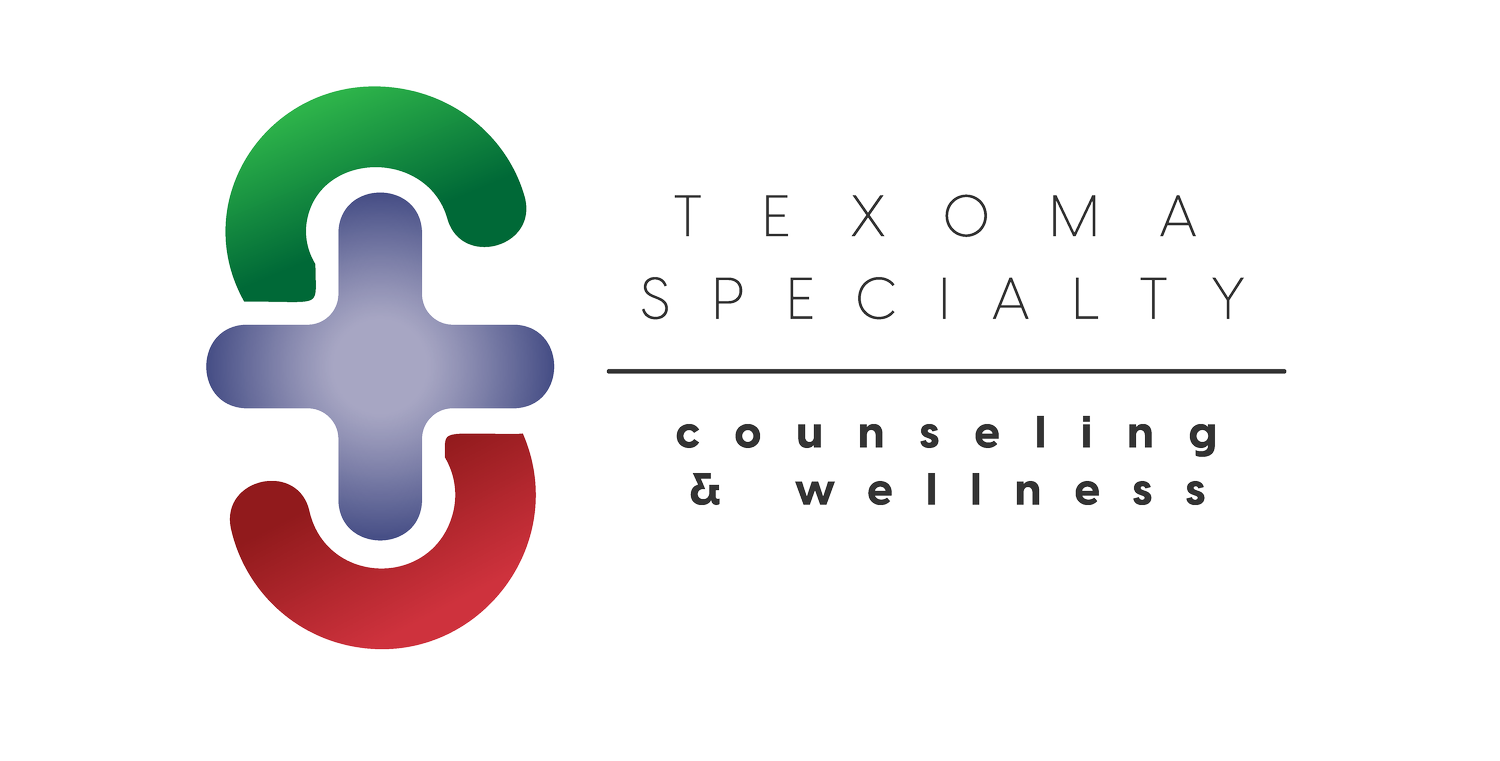Understanding Trauma and Finding Healing Through Counseling
Understanding Trauma: Signs, Coping Strategies, and Healing 🕊️💚
Trauma is more common than many people realize. It can stem from a wide range of experiences—such as accidents, abuse, loss, medical emergencies, or witnessing violence—and it affects each person differently. While some people may recover quickly, others may experience long-lasting emotional, physical, and psychological effects.
What is Trauma?
Trauma is the body and mind’s response to overwhelming stress. It can disrupt a person’s sense of safety, leaving them feeling powerless, anxious, or disconnected. Trauma is not just about the event itself, but also about how the nervous system processes and stores the experience.
Common signs of unresolved trauma include:
Flashbacks or intrusive memories
Difficulty sleeping or nightmares
Feeling “on edge” or easily startled
Avoiding people, places, or situations that trigger reminders
Emotional numbness or disconnection
Struggles with relationships and trust
According to the Substance Abuse and Mental Health Services Administration (SAMHSA), around 61% of adults in the U.S. have experienced at least one traumatic event in their lifetime (SAMHSA, 2022).
Coping Strategies for Trauma 🌱
While healing takes time, there are healthy strategies that can help:
Grounding Techniques: Practice mindfulness, deep breathing, or focusing on your senses to stay present when overwhelmed.
Movement & Exercise: Gentle activities like walking, yoga, or stretching can help release stored tension in the body.
Creative Expression: Journaling, art, or music can provide safe outlets for processing emotions.
Routine & Self-Care: Establishing a daily routine, prioritizing rest, and engaging in calming activities can restore stability.
Social Support: Talking with trusted friends, family, or support groups can reduce isolation.
How Counseling Can Help 🤝
Trauma can feel isolating, but you don’t have to go through it alone. Counseling provides a safe, supportive space to process experiences and begin healing.
Therapists can help by:
Teaching coping skills to manage triggers and overwhelming emotions
Offering evidence-based approaches such as EMDR, CBT, or trauma-informed therapy
Helping rebuild trust, self-esteem, and a sense of safety
Supporting you in creating new patterns of resilience and connection
Healing from trauma is not about “forgetting” what happened—it’s about learning how to move forward with strength, balance, and hope.
👉 If you or someone you love is struggling with trauma, reaching out for counseling can be the first step toward healing. At Texoma Specialty Counseling & Wellness, we are here to walk alongside you on your journey.
📞 Contact us today or sign up for our free newsletter to receive resources, insights, and a complimentary digital wellness guide.


